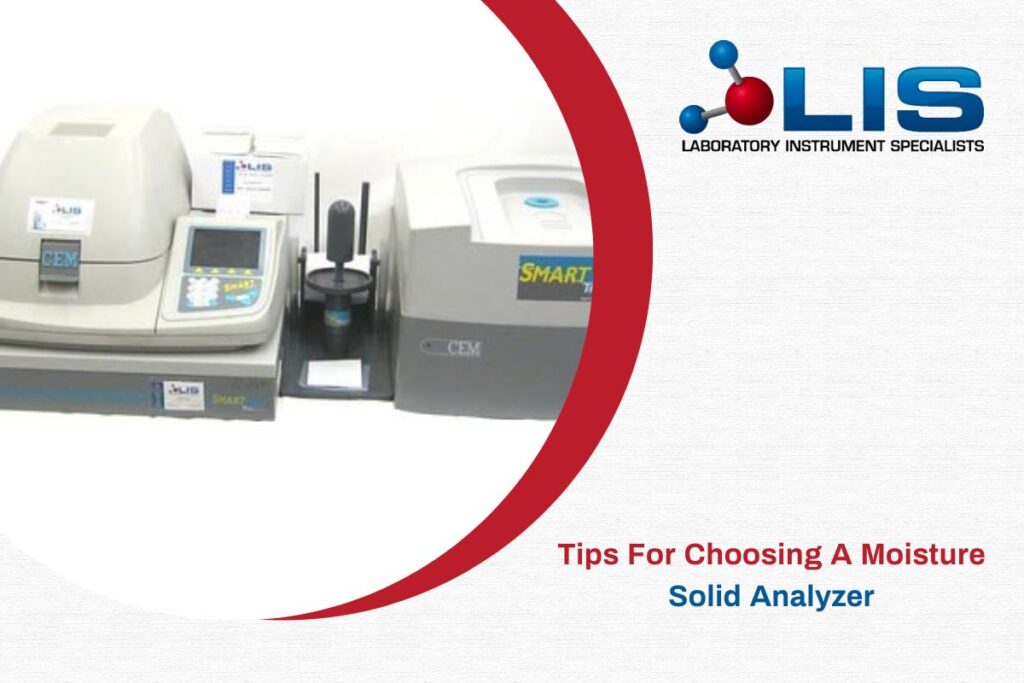If you work in a scientific field, you likely know that a moisture solid analyzer is an important piece of equipment for measuring the amount of moisture in a given sample. However, the tool is also used in other fields so you want to be sure you are choosing the right model for your needs. With that in mind, this handy guide will tell you how to make the right choice for your industry and the samples you will be testing.
What is a Moisture Solid Analyzer?
A moisture solid analyzer, as the name implies, measures the amount of moisture in a given solid. They are sometimes called moisture balancers or moisture meters and they are helpful in a range of situations. They can be used for liquids, solids and dry substances and come in a variety of sizes and configurations. A moisture analyzer is used in pharmaceuticals, the food industry, to test plastics and chemicals, and are also commonly used for renewable energy and wastewater purposes. Keep reading to learn how to choose the best one for your needs.
Importance of the Moisture Content
Ask yourself how important the precise moisture content readings need to be. This will help guide you toward the right moisture analyzer. If you need very accurate readings, you’ll want to look at a product that provides the most concise measurements you can get. On the other hand, if moisture content readings are more flexible, you can likely get by with a unit that isn’t so precise.
Materials Being Measured
The samples you are measuring also play a role in the product you choose. For example, measuring soil or wood will require a much different moisture meter than one that measures the moisture level in foods. Most moisture solid analyzers are designed for a specific type of sample, so be sure you keep that in mind when you’re shopping for one.
Sensitivity of the Samples
There are a variety of moisture analyzers out there, and they use a variety of measurement principles. If you don’t want to destroy your samples during the measuring process, look for a product that uses a non-destructive measurement technique. This might be microwave-based or capacitive-based. If you don’t need to preserve the sample, conductivity, gravimetric or loss-on-drying-based measurement techniques are good options.
Sample Size
You also want to be sure that the moisture analyzer you choose can accommodate the sample sizes you need it for. For the most common testing purposes, one that can measure 3 to 5 grams is likely sufficient. However, if your samples tend to be larger than that, it’s going to serve you well to find a product that can handle those bigger specimens.
When you shop for a moisture solid analyzer, you will see that they often have different features and benefits. Consider your purposes as you decide which are most important for your measuring needs. If you need more help or are ready to make a purchase, contact Laboratory Instrument Specialists today for all of the assistance you need.



No Comments
Be the first to start a conversation